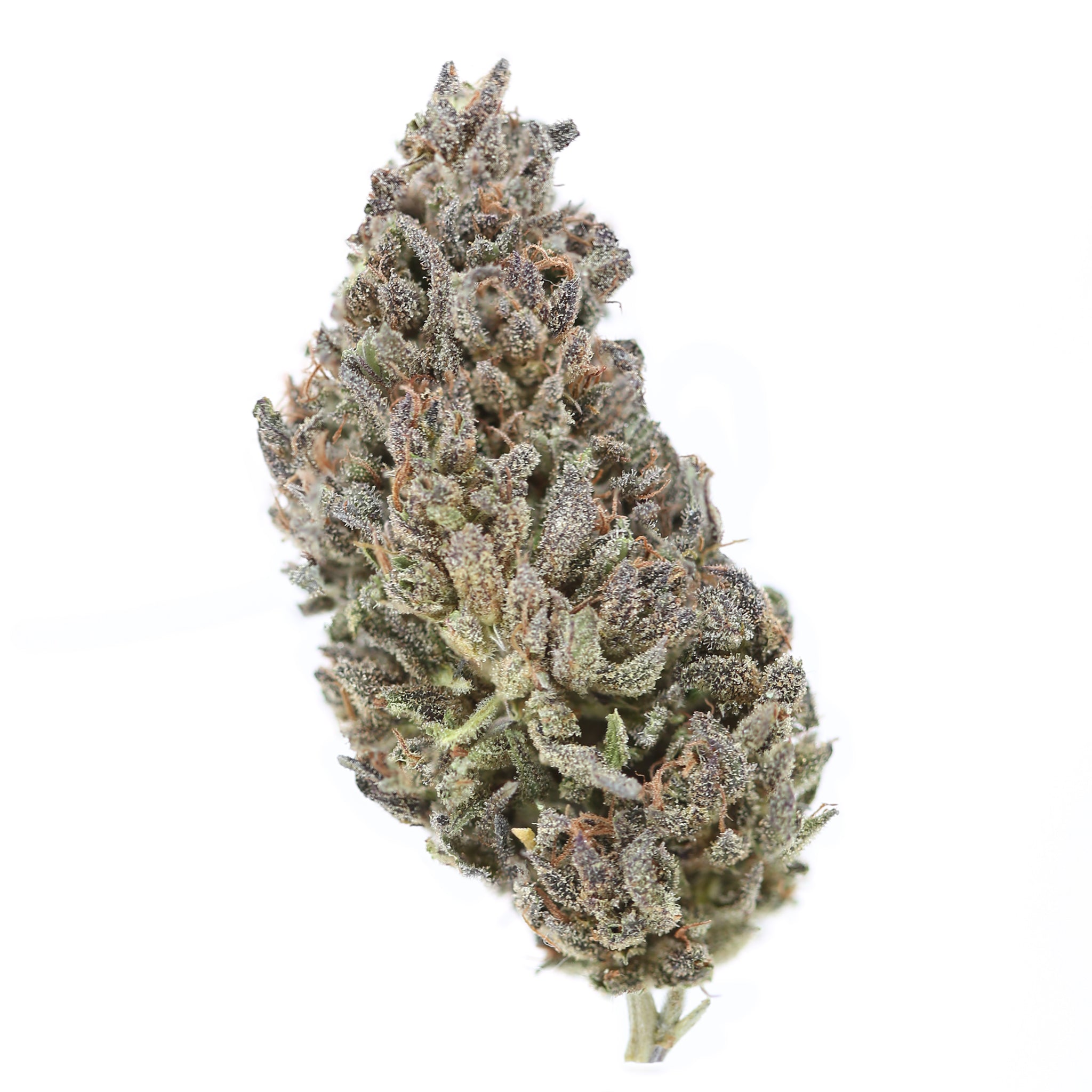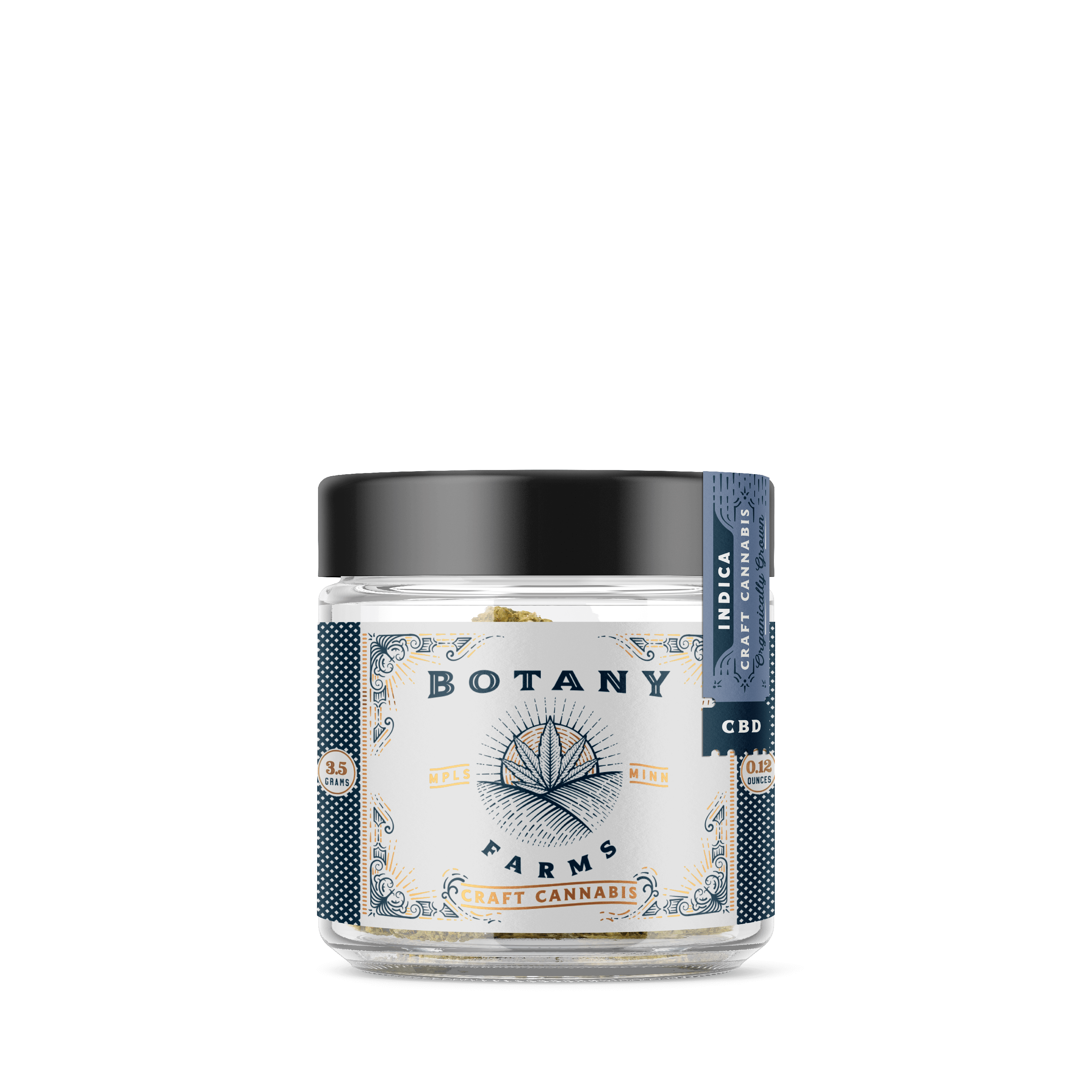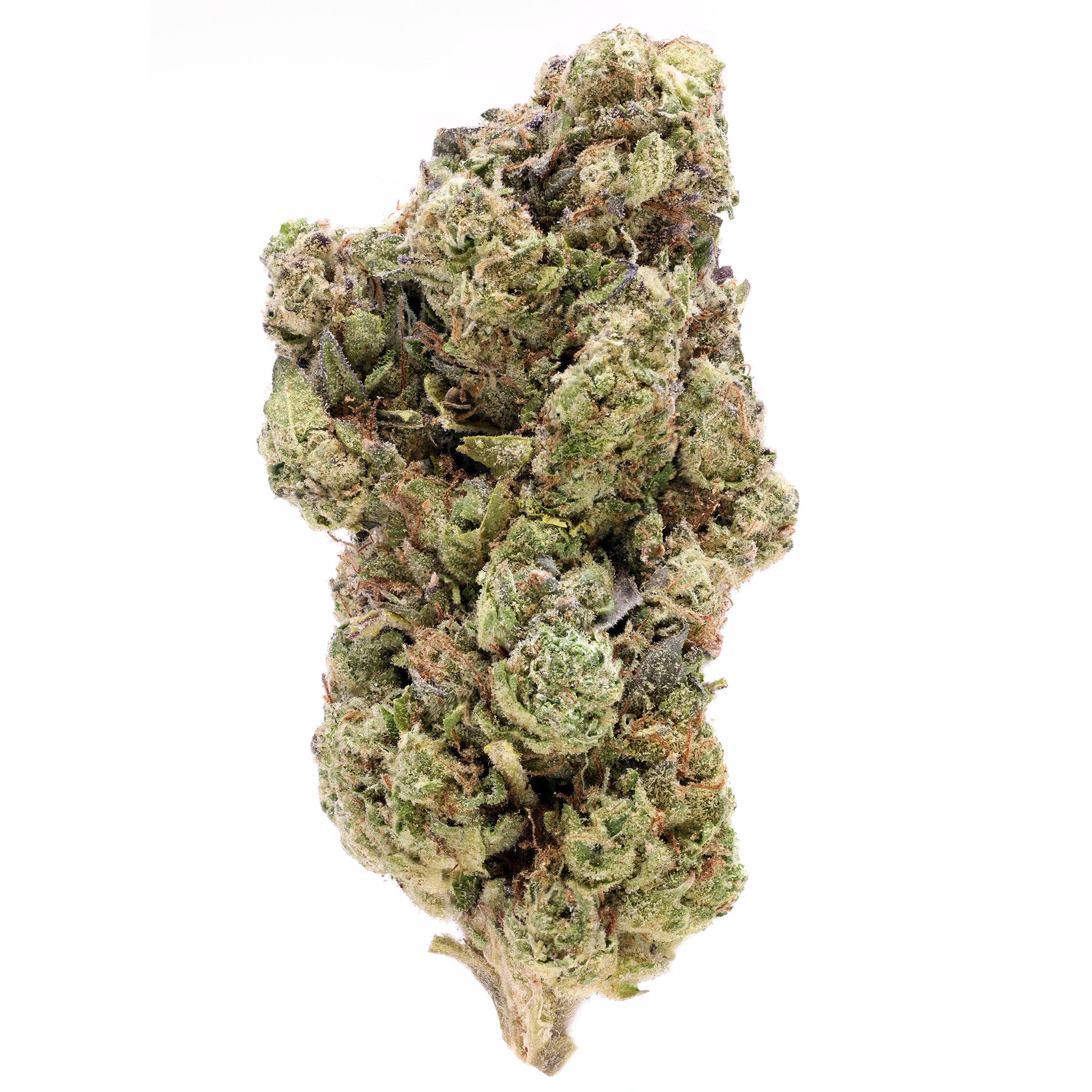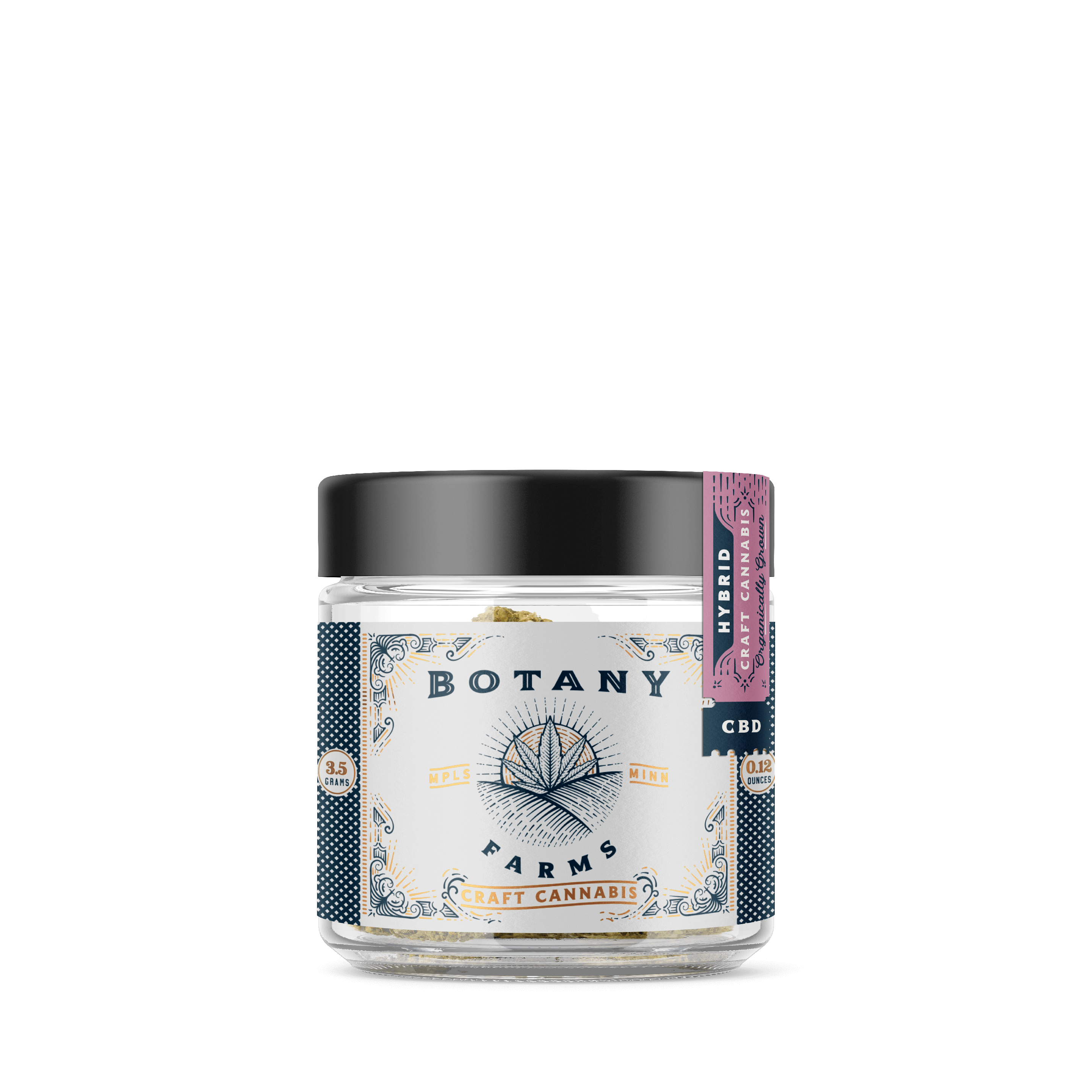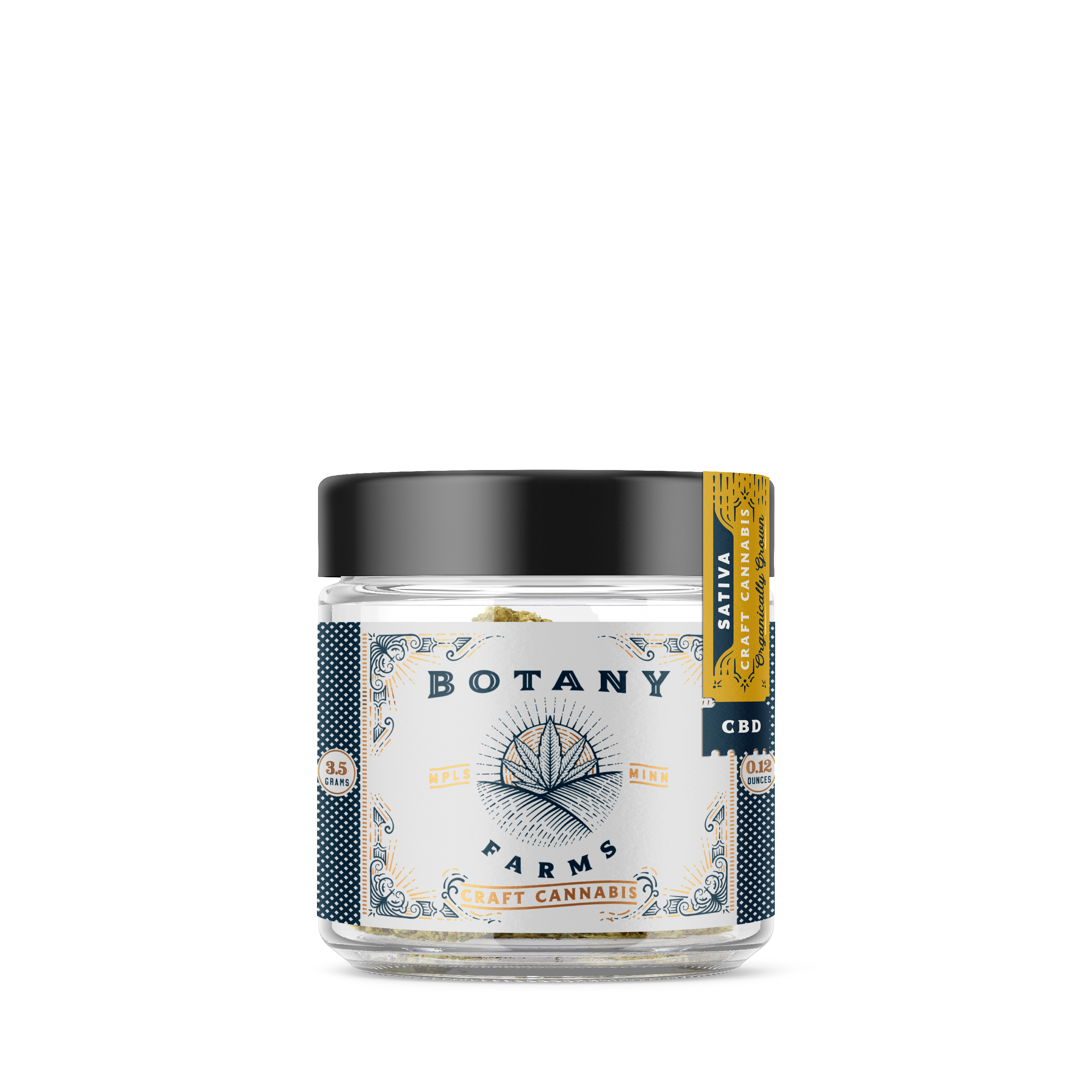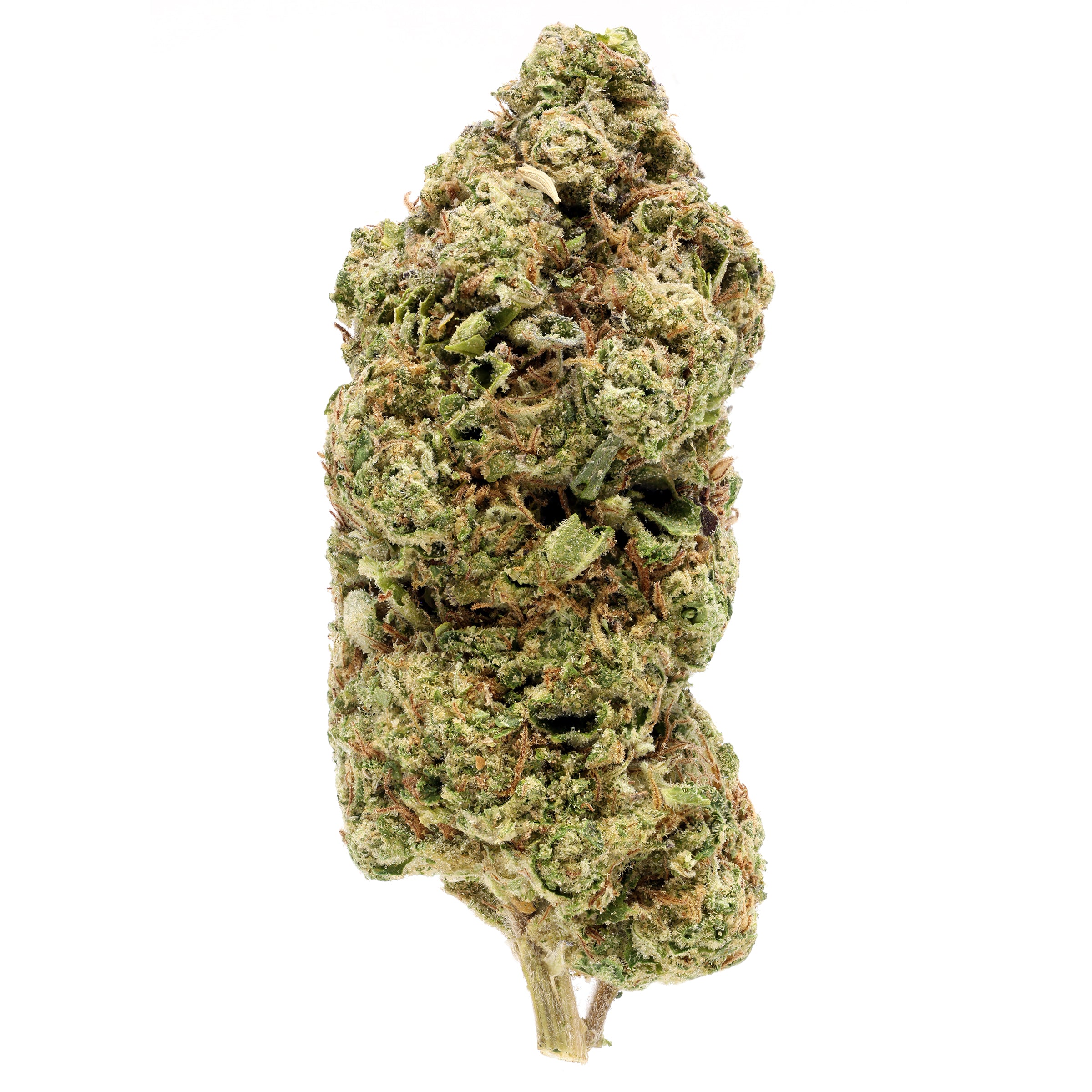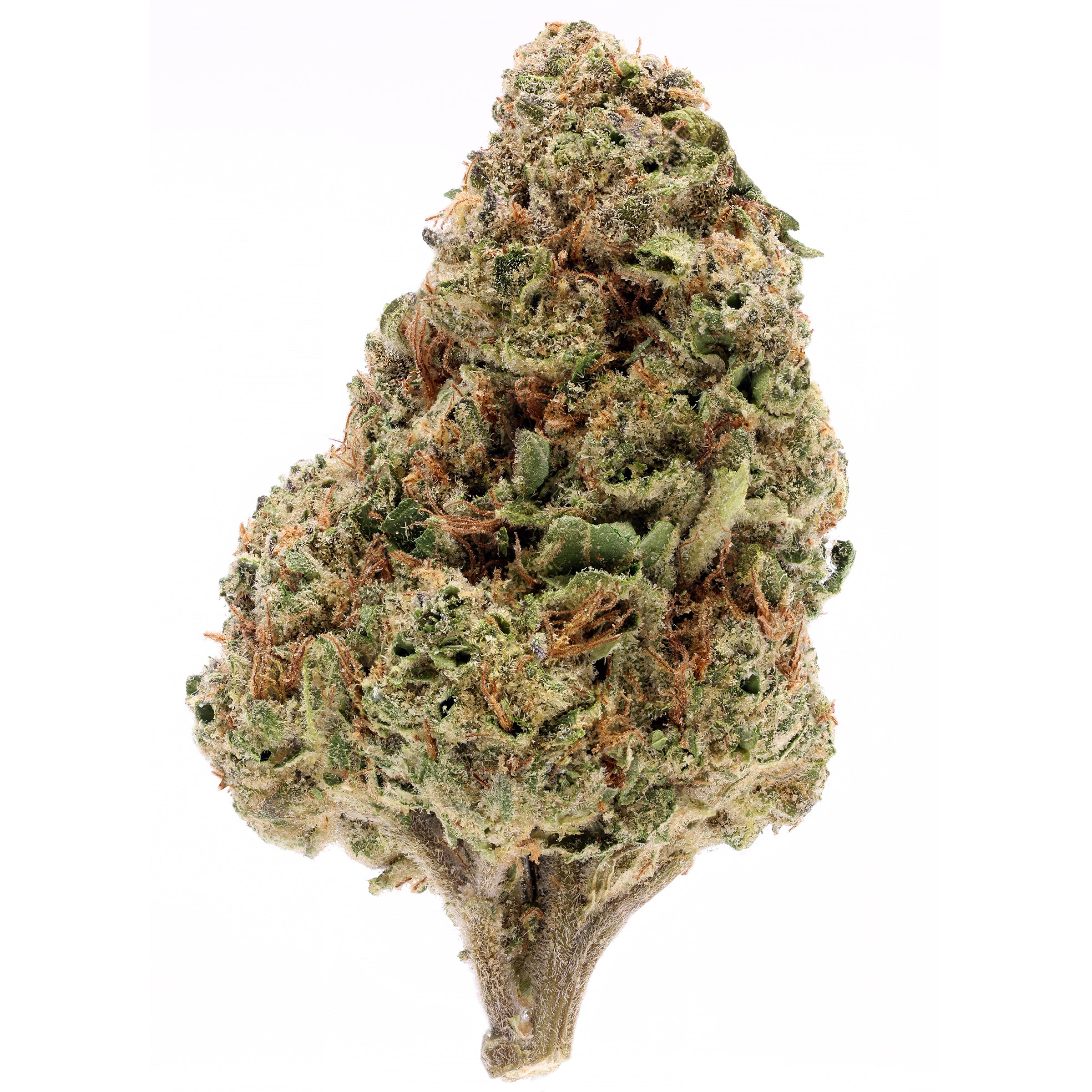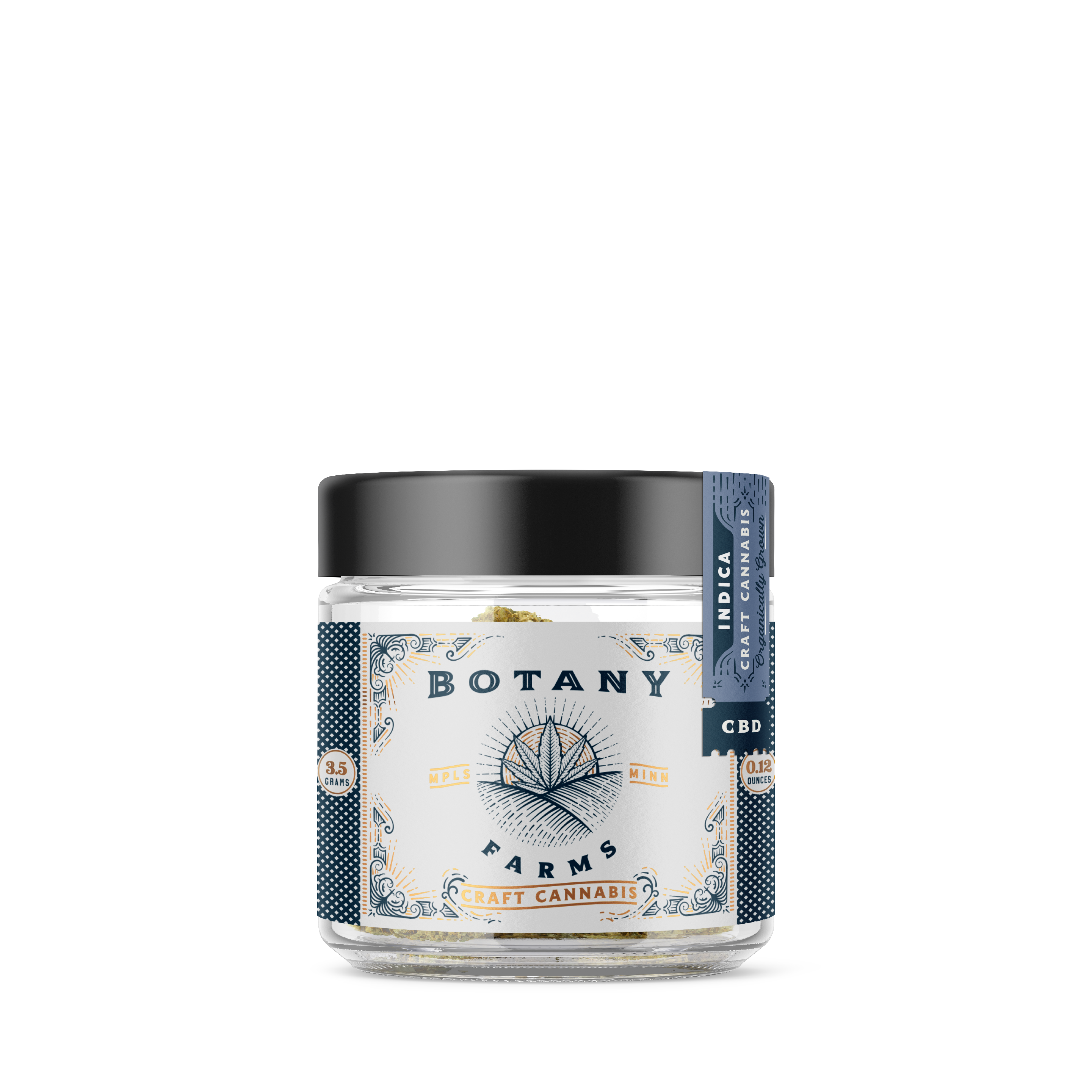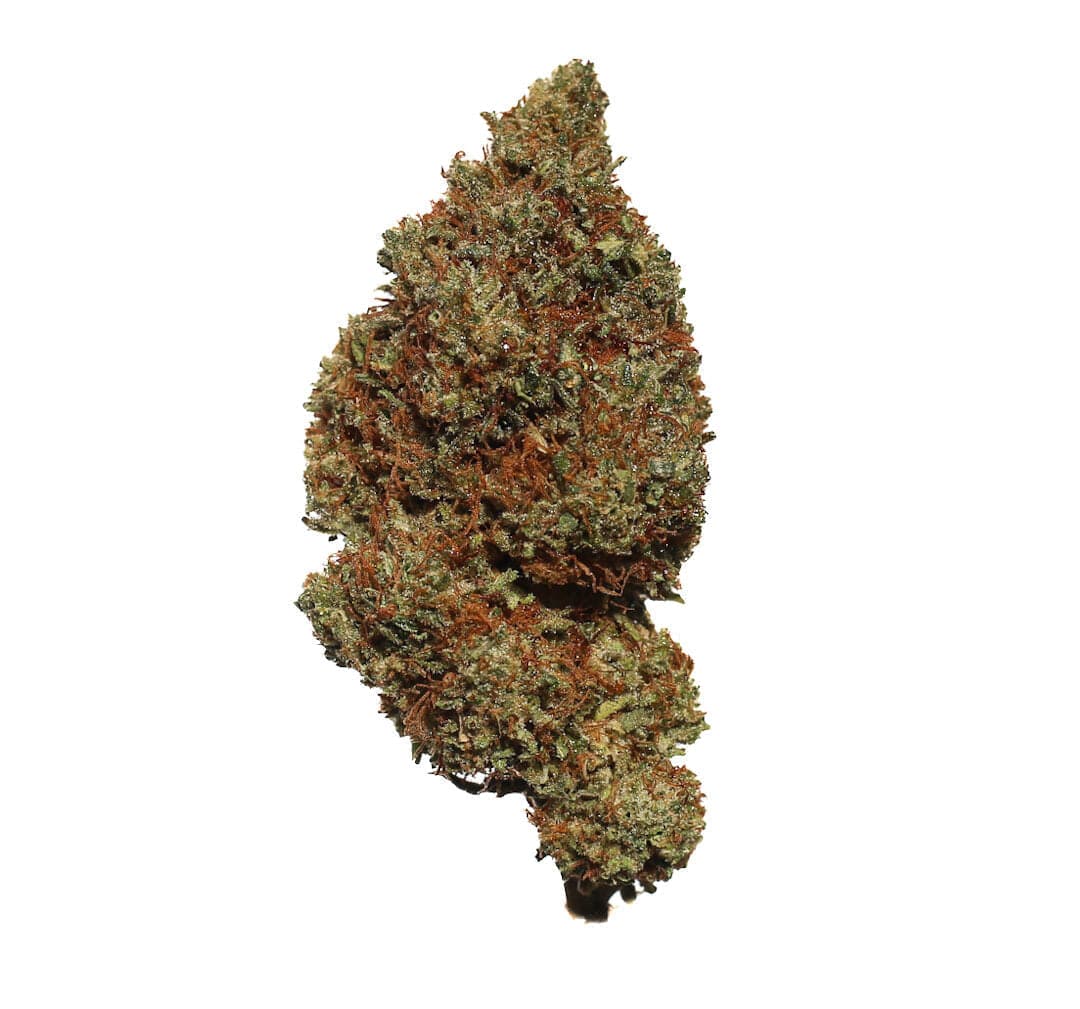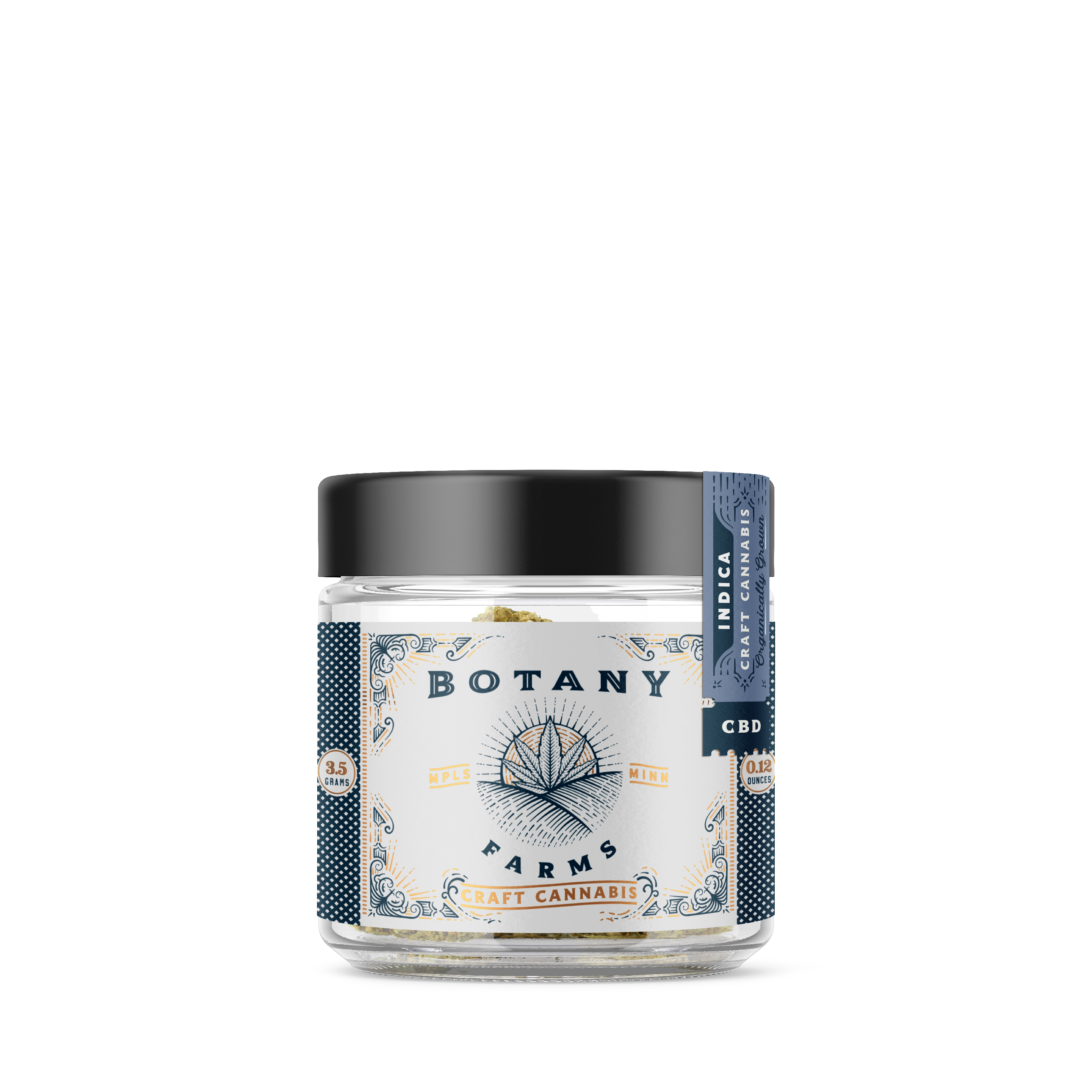One of the most precious gifts of plants to humans is undoubtedly the many potential therapeutic effects they carry. Plants bring with them more than 40,000 natural compounds that can generate beneficial impacts on our health. That is why traditional medicine practitioners worldwide have been using plants to treat illnesses and medical conditions for millennia.
Cannabis is one of those plants that carry a significant load of medical properties generated by the cocktail of natural compounds it contains. For instance, terpenes directly impact these effects since they can significantly influence how our body processes cannabis. You may have heard of some terpenes such as limonene, bisabolol, or pinene.
Other secondary terpenes like geranyl acetate also play a significant role in the entourage effect generated by all terpenes and cannabinoids working together. Geranyl acetate is one of those terpenes that have recently caught the scientific community’s attention thanks to the scents, flavors, and peculiarly wonderful benefits it can add to your smoking experience.
Geranyl Acetate Terpene
Geranyl Acetate is the result of a secondary metabolism process in plants known as monoterpenes. This terpene is a naturally occurring component in more than sixty essential oils like citronella, sassafras, lemongrass, geranium, and coriander.
At the industrial level, you can commonly find Geranyl Acetate in a wide variety of toiletries and daily use products such as powders, soaps, shampoos, perfumes, some artificial essences, and flavorings due to the intensely fruity and floral aromas that this terpene emanates.
Geranyl Acetate occurs naturally in various plants such as bay leaf, basil, allspice, celery, bergamot, cardamom, and even coffee. Added to being a natural constituent of many plants and essential oils, this floral and fruity-smelling monoterpene carries a load of possible therapeutic qualities that may help treat certain medical conditions.
What does Geranyl Acetate do?
The therapeutic potential of plants such as cannabis has attracted the scientific community’s attention, especially in recent decades. Since scientists began to develop studies on cannabis and its qualities, they discovered that terpenes have a significant influence on the series of effects that can be beneficial for the health of the human body.
Geranyl Acetate is one of those less popular secondary terpenes that could do a lot more for us than we might initially believe. Although we still need more studies on this monoterpene, previous reports confirm a little of what Geranyl Acetate can do.
High contents of Geranyl Acetate can make a cannabis strain exude a soft floral and fruity scent and make it an ideal bud for fighting infections. In addition, this wonderful monoterpene can make some essential oils more effective in fighting fungi such as Candida Albicans. Another thing that Geranyl Acetate can do is help reduce stress and depression.
Due to all these series of possible therapeutic effects of this terpene, it has recently been in the eye of the pharmaceutical industry. Geranyl acetate could be a naturally adequate substitute for many drugs that usually bring a series of unwanted side effects.
Geranyl Acetate Effects
Like all the terpenes present in cannabis, geranyl acetate can significantly influence how the effects of cannabis develop in our bodies. In turn, this terpene can generate results on its own when consumed as an isolated terpene.
Geranyl Acetate can generate analgesic and anti-inflammatory effects like many terpenes by directly interacting with our pain receptors. Moreover, it may have practical effects to combat stress and promote relaxation. This lipophilic terpene permeates cell walls, helping other substances break into them more easily. This can generate a series of antitumor effects that can effectively treat certain specific types of cancer.
Likewise, Geranyl Acetate can have practical antimicrobial effects in fighting some types of chronic infections, fungal infections, yeast, and bacteria. This monoterpene can also have antifungal effects, which can act synergistically with other antifungal medications, generating results that can make specific treatments more effective. Finally, some substances high in Geranyl Acetate content demonstrate effects that can treat swelling and some digestive issues.
Geranyl Acetate Uses
One of the most prominent uses of geranyl acetate today is in the area of perfumery and personal care products as an essence or aroma enhancer in creams, soaps, and shampoos due to the intense floral and fruity aroma that characterizes this terpene.
Formulations with the scent of geranium, lavender, or rose usually contain geranyl acetate due to the fruity and citrus aroma it exudes. The FDA classifies Geranyl Acetate as a safe additive or flavoring agent for human consumption, and that is why it is on the ingredient list of a large number of products and foods.
Traditional Chinese, holistic, and naturopathic medicine use Geranyl Acetate or substances with a high geranyl content to treat various conditions like swelling and some digestive issues.
Western medicine is currently exploring this monoterpene more closely due to the therapeutic qualities that it exhibits that could be beneficial to our health.
Geranyl Acetate Benefits
Although we are only just beginning to understand what Geranyl Acetate could contribute to the health of the human body, a large number of preclinical and in vitro studies support the range of possible benefits that this wonderful terpene could bring.
Although we still need more research, we know that some of the medical benefits that Geranyl Acetate could provide are:
Anticancer benefits: A study carried out in 2018 found that geranyl acetate and geraniol could be potent antitumor and anticancer agents since they managed to act effectively fighting cancer cells in colon cancer by inducing their death using a range of different mechanisms.
Analgesic and anti-inflammatory benefits: Like a wide variety of terpenes, geranyl acetate can exhibit antinociceptive properties, directly influencing how our brain processes pain signals. A study carried out in 2013 showed that this monoterpene effectively reduced pain in some animal models.
Antifungal and antimicrobial benefits: A study carried out in 2017 found that the essential oil of Helichrysum italicum, which has a high content of geranyl acetate, can be a potent antimicrobial and antifungal agent since it demonstrated its effectiveness in fighting some types of fungi and bacteria.
Subsequent studies conducted in 2018 showed that geranyl acetate could also efficiently fight skin infections related to Microsporum gypseum. In addition, other studies show that geranyl acetate can generate a synergistic effect in combination with fluconazole, making it more effective as an antifungal treatment than it would be on its own.
Geranyl Acetate Smell
The scent of Geranyl Acetate is one of the reasons why personal care products and the perfume industry use it so widely nowadays. This monoterpene exudes a fruit-forward and floral aroma that some describe as a summer fruit or even roses.
This terpene is popular for its pear-like, banana, apple, and peach notes. Some manufacturers and users report slight woody, herbaceous, or "green" notes as Geranyl Acetate can evoke woody-like scents.
It is mainly due to these scents that this terpene can generate a comforting sense of calm as soon as it bursts through your nostrils. The grocery industry also uses geranyl acetate in many preparations due to this monoterpene’s flavors in some recipes.
Geranyl Acetate Strains
- Hawaiian Haze
- Sour Space Candy
- Suver Haze
- Cherry Wine
- Space Invader
- Elektra
- OG Kush
- Clementine








